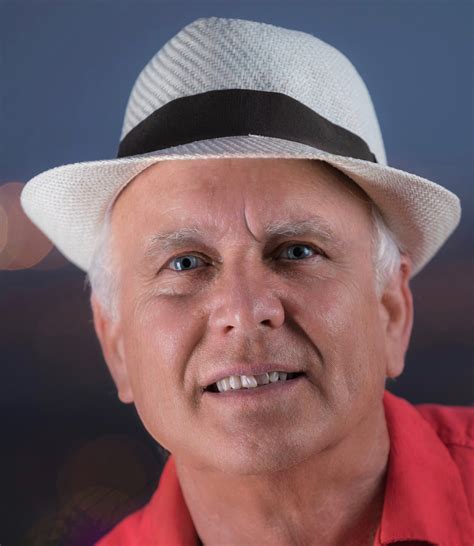A Quote by Voltaire
By appreciation, we make excellence in others our own property.
Quote Topics
Related Quotes
The desire of excellence is the necessary attribute of those who excel. We work little for a thing unless we wish for it. But we cannot of ourselves estimate the degree of our success in what we strive for; that task is left to others. With the desire for excellence comes, therefore, the desire for approbation. And this distinguishes intellectual excellence from moral excellence; for the latter has no necessity of human tribunal; it is more inclined to shrink from the public than to invite the public to be its judge.
More people should visit Antarctica, metaphorically speaking, on their own. That is one of the conclusions I have reached, one of my recommendations: explore something, even if it's just a bookshelf. Make a stab in the dark. Read off the beaten path. Your attention is precious. Be careful of other people trying to direct how you dispense it. Confront your own values. Decide what it is you are looking for an then look for it. Perform connoisseurship. We all need to create our own vocabulary of appreciation, or we are trapped by the vocabulary of others.
A product of your life and liberty is your property. Property is the fruit of your labor, the product of your time, energy, and talents. It is that part of nature that you turn to valuable use. And it is the property of others that is given to you by voluntary exchange and mutual consent. Two people who exchange property voluntarily are both better off or they wouldn't do it. Only they may rightfully make that decision for themselves.
We will freedom for freedom’s sake, in and through particular circumstances. And in thus willing freedom, we discover that it depends entirely upon the freedom of others and that the freedom of others depends upon our own. Obviously, freedom as the definition of a man does not depend upon others, but as soon as there is a commitment, I am obliged to will the liberty of others at the same time as my own. I cannot make liberty my aim unless I make that of others equally my aim.
It requires something more than personal experience to gain a philosophy or point of view from any specific event. It is the quality of our response to the event and our capacity to enter into the lives of others that help us to make their lives and experiences our own. In my own case my convictions have derived and developed from events in the lives of others as well as from my own experience. What I have seen meted out to others by authority and repression, economic and political, transcends anything I myself may have endured.
It is never easy to demand the most from ourselves, from our lives, from our work. To encourage excellence is to go beyond the encouraged mediocrity of our society is to encourage excellence. But giving in to the fear of feeling and working to capacity is a luxury only the unintentional can afford, and the unintentional are those who do not wish to guide their own destinies.
We are all meant to shine, as children do. We were born to make manifest the glory of God that is within us. It is not just in some of us; it is in everyone and as we let our own light shine, we unconsciously give others permission to do the same. As we are liberated from our own fear, our presence automatically liberates others.
Emotional dependence is the opposite of emotional strength. It means needing to have others to survive, wanting others to "do it for us," and depending on others to give us our self-image, make our decisions, and take care of us financially. When we are emotionally dependent, we look to others for our happiness, our concept of "self," and our emotional well-being. Such vulnerability necessitates a search for and dependence on outer support for a sense of our own worth.
I would agree that much with people who accept private property - that conscription is an unpardonable transgression, whether it be "corrupt" or not. The Spanish anarchists opposed conscription during the civil war in Spain as a gross expropriation of property, the most precious property that we have, our own physical beings themselves.






































